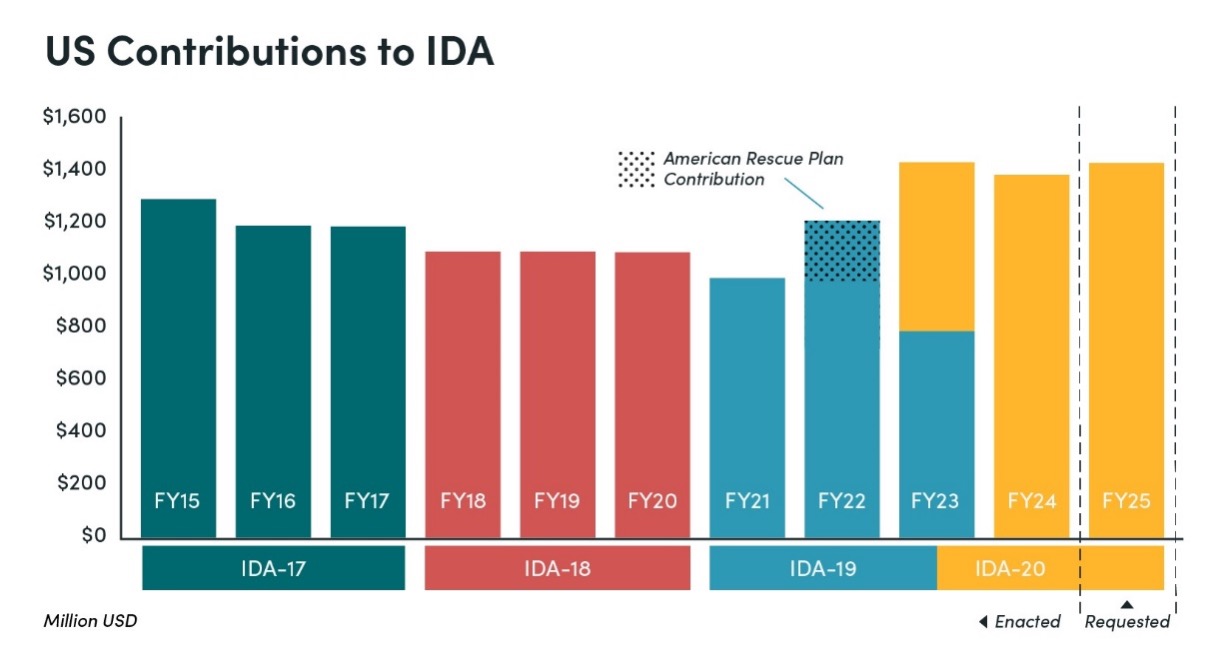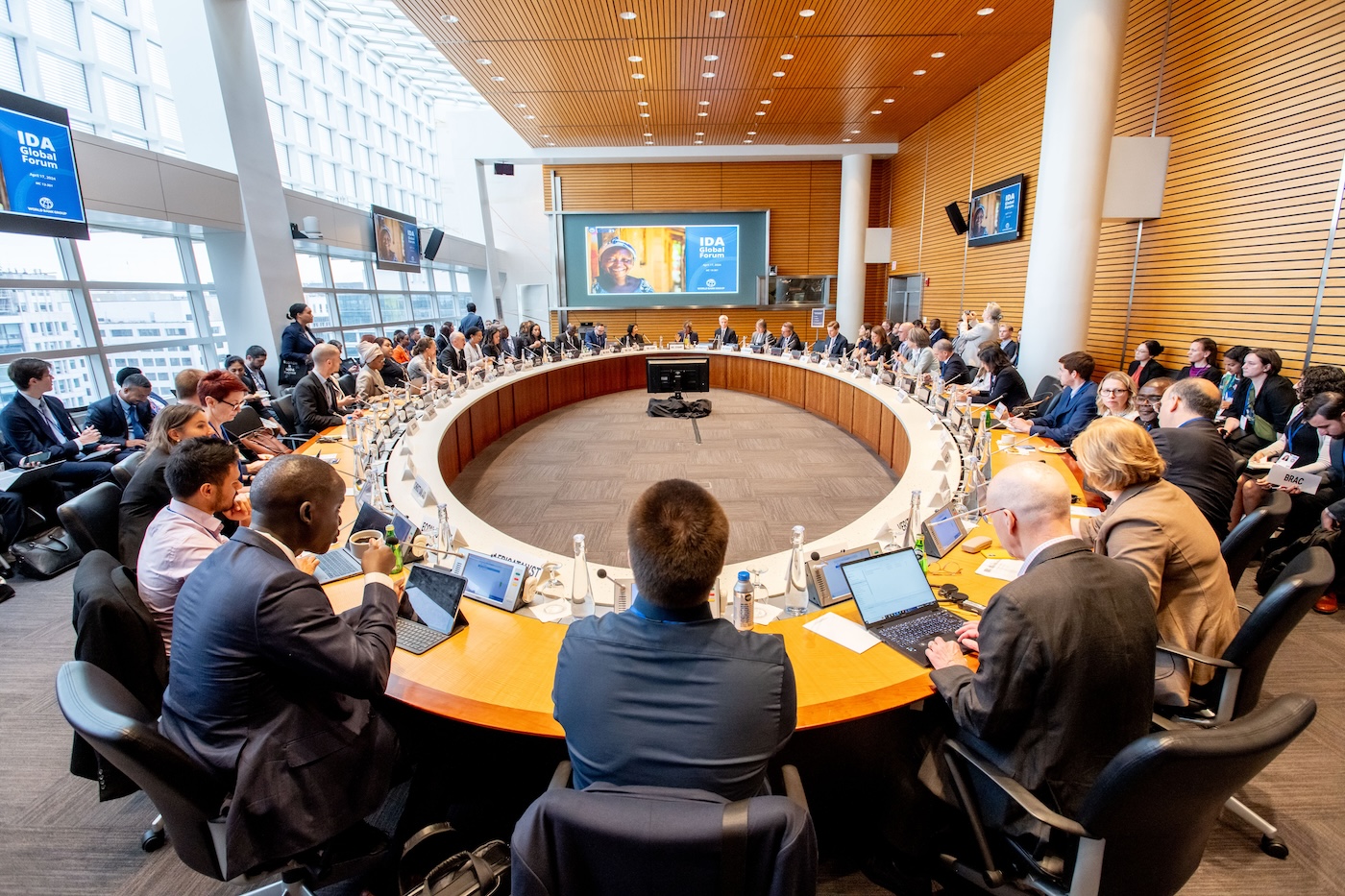… where’s the action?The World Bank has said all the right things about putting its substantial influence behind sensible programs that generate revenue, cut health costs and save lives. So far, however, it has done little on a simple measure that would cost-effectively achieve all three of these goals: raising tobacco taxes.The World Bank spoke strongly about this issue in its report to the recent U.N. General Assembly conference on non-communicable disease, entitled “The Growing Danger of Non-Communicable Diseases: Acting Now to Reverse Course”. According to the press release accompanying this conference report:“Particularly effective at very low costs are measures to curb tobacco, such as taxes, as indicated in the WHO Framework Convention on Tobacco Control, …”Raising tobacco taxes is extremely cost-effective, actually raises funds for governments, and addresses a key risk factor for millions of deaths a year – more than deaths from HIV/AIDS, TB, and malaria combined.The press release also proudly notes that the World Bank has a portfolio of $10.8 billion in programs aimed at improving health in developing countries. So how much of this money and effort goes toward reducing tobacco use? As far as I know, there are a few dedicated bank staff working on the topic but few if any policy loans or investment loans that address this problem.So, reducing tobacco use is a top priority for promoting health but the World Bank is moving forward cautiously if at all. Why the hesitancy? The problem seems to be that tobacco control falls between the cracks. The people working to improve health have their hands full with all the logistical, managerial, and policy issues involved in getting a complex sector to perform well at delivering services. And the people working to improve fiscal and tax policies don’t have the tobacco-related disease burden very high on their agenda. This is as true within country governments as it is within the World Bank. Typically the task gets assigned to health staff who care about the issue but have little clout with finance ministries when, instead, the mandate should probably go to the fiscal experts, with instructions to rely on tobacco control experts for their experience and knowledge.If there is some other obstacle, I have no idea what it would be. In fact, every single piece of the puzzle is on the table. All that is lacking is some leadership to put them together.
- 174 countries are parties to the WHO Framework Convention on Tobacco Control that includes provisions on raising taxes;
- The World Bank has policy loans that could easily incorporate provisions to support implementing and raising tobacco taxes (Amanda Glassman explains how in this blog);
- The IMF has indicated its willingness and ability to provide technical assistance to raise tobacco taxes;
- A number of organizations including the World Bank, have policy simulations, toolkits and programs that show how it can be done and with what effects;
- Models exist in countries in every region.
The only thing missing is leadership. Borrowing countries can request this support but their hands are pretty full. All it would take is a World Bank willing to act as energetically as it has spoken.
Thanks to Amanda Glassman and Lawrence MacDonald for their helpful comments and suggestions.CGD blog posts reflect the views of the authors, drawing on prior research and experience in their areas of expertise.
CGD is a nonpartisan, independent organization and does not take institutional positions.





